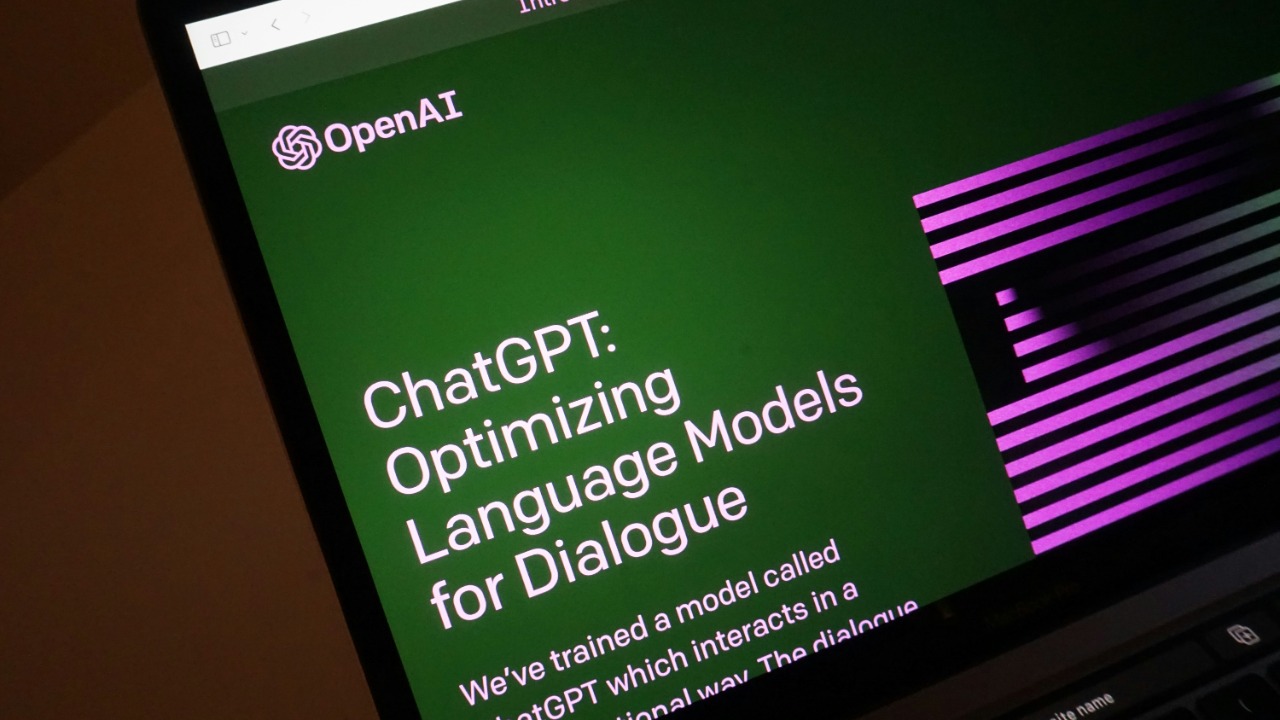
OpenAI has launched its Atlas browser, a groundbreaking AI-powered tool designed to challenge the dominance of Google Chrome in the web browsing market. With features like integrated agents for enhanced user interactions, Atlas aims to redefine how users engage with the web through seamless AI assistance. This strategic move by OpenAI, building on its ChatGPT platform, creates a dedicated workspace for productivity and browsing, marking a significant shift in the landscape of web browsers.
Background on OpenAI’s Browser Ambitions
OpenAI’s foray into browser development marks a strategic expansion from its core AI models into consumer software. The unveiling of the Atlas browser is a pivotal step in this direction, showcasing OpenAI’s ambition to integrate AI deeply into everyday digital experiences. By leveraging its existing products like ChatGPT, OpenAI aims to create a unified AI-driven workspace that extends beyond traditional search functionalities. This integration not only enhances productivity but also positions Atlas as a comprehensive tool for various online tasks.
The timing of the Atlas announcement aligns with broader industry trends towards AI-enhanced browsing. As the digital landscape evolves, there is a growing demand for browsers that offer more than just basic search capabilities. OpenAI’s decision to launch Atlas on October 21, 2025, reflects its commitment to staying at the forefront of these trends, providing users with innovative solutions that cater to modern browsing needs. This move is indicative of a larger shift in the tech industry, where AI is increasingly becoming a central component of user interfaces and experiences.
Key Features of the Atlas Browser
One of the standout features of the Atlas browser is its use of AI agents for automated web interactions. These agents are designed to streamline user workflows by automating routine tasks and providing real-time assistance. This functionality positions Atlas as a direct competitor to Google Chrome, which has traditionally dominated the market with its robust feature set. By focusing on productivity and efficiency, Atlas aims to offer users a more seamless and integrated browsing experience.
In addition to its AI capabilities, Atlas emphasizes seamless integration with OpenAI’s ecosystem, including ChatGPT. This integration allows users to access real-time assistance and insights directly within the browser, enhancing their ability to multitask and manage complex workflows. By offering these advanced features, Atlas not only challenges Google’s core offerings but also sets a new standard for what users can expect from a modern web browser.
How Atlas Challenges Google Chrome
Atlas has the potential to disrupt Google Chrome’s market share by offering a browsing experience that is inherently AI-native. This approach targets specific weaknesses in Chrome’s traditional model, such as its reliance on manual user inputs for complex tasks. By providing agent-based automation, Atlas offers a more intuitive and efficient way to navigate the web, appealing to users who value speed and convenience.
Early reactions to the Atlas launch suggest that it is being well-received as a viable alternative to Chrome. By taking direct aim at Google’s core infrastructure, Atlas is poised to attract users who are looking for a more integrated and intelligent browsing solution. This competitive edge could lead to significant shifts in user adoption, as more people become aware of the benefits of AI-enhanced browsing.
Market Implications and Future Outlook
The introduction of Atlas has significant implications for the browser market, challenging Google Chrome’s long-standing dominance. By integrating AI into the core of its browsing experience, OpenAI is setting a new benchmark for what users can expect from their web browsers. This move could prompt other companies to innovate and incorporate similar technologies, leading to a more competitive and dynamic market landscape.
OpenAI’s growth strategy, as evidenced by the Atlas browser launch, suggests a focus on expanding its user base and increasing adoption of its AI technologies. As users become more familiar with the capabilities of AI-driven browsers, there is potential for a shift in market dynamics, with Atlas emerging as a key player. Industry responses to this development will likely shape the future of web browsing, as companies strive to meet the evolving needs of tech-savvy consumers.